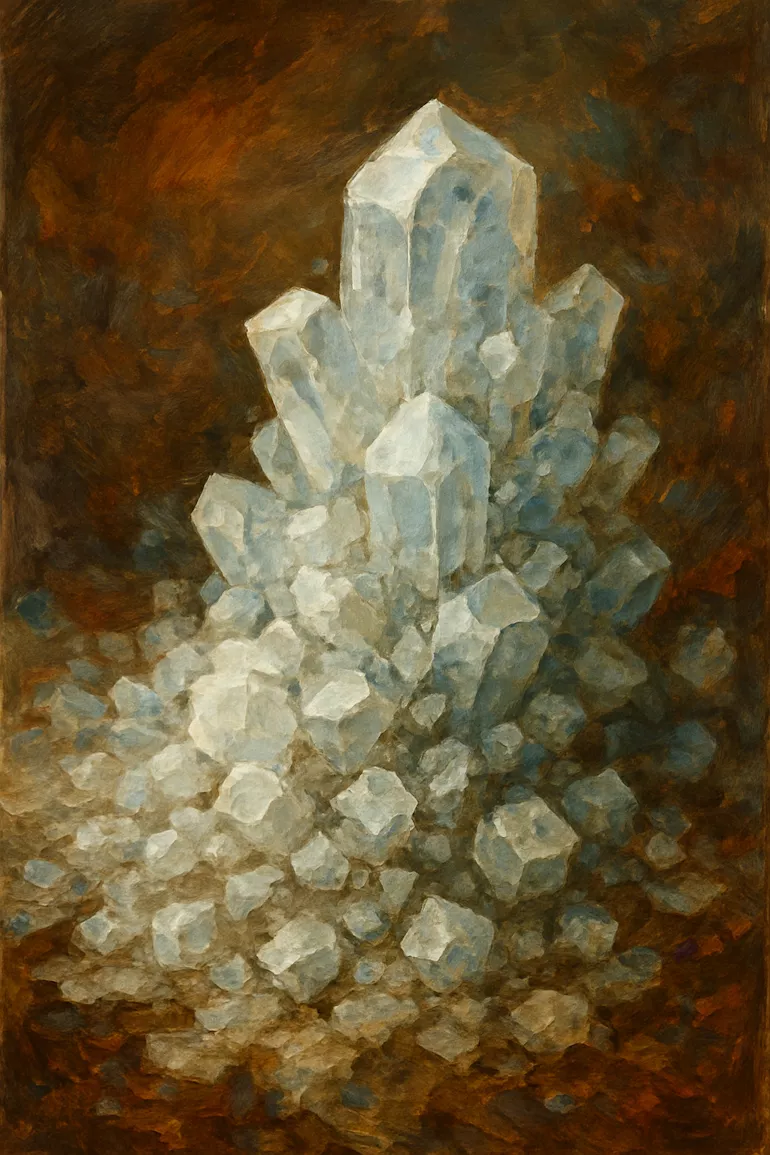Have you ever wondered about sea vs ocean salinity?
When you go swimming at the beach and get a mouthful of seawater, the first thing you notice is how salty it tastes. But is the sea really saltier than the ocean? And where in the world can you find the saltiest water of all?
Let’s dive in and explore how salt levels differ between oceans, seas, and even special salt lakes around the world.
Table of Contents
Sea vs Ocean Salinity: What’s the Difference?
Before we compare their saltiness, it helps to understand the difference between a sea and an ocean.
- Oceans are huge bodies of salt water that cover about 70% of Earth’s surface. There are five main oceans: the Pacific, Atlantic, Indian, Southern, and Arctic.
- Seas are smaller sections of oceans, usually partly surrounded by land. For example, the Mediterranean Sea connects to the Atlantic Ocean, while the Red Sea lies between Africa and the Arabian Peninsula.
In short, all seas are part of oceans, but not all oceans are seas.
Why is the Water Salty?
The salt in the ocean comes mostly from rocks on land. Rainwater wears down rocks and carries tiny bits of minerals into rivers, which flow into the sea. Over millions of years, these minerals—especially sodium and chloride—built up, making seawater salty.
On average, seawater contains about 35 grams of salt in every litre of water. That’s the same as about six teaspoons!
Which is Saltier: Sea or Ocean?
Here’s where things get interesting. Not all seas and oceans have the same amount of salt. Scientists often study sea vs ocean salinity to understand why some bodies of water, like the Mediterranean Sea, are saltier than the open ocean.
- Oceans tend to have a fairly steady level of saltiness, around 35 grams per litre.
- Seas can be saltier or less salty depending on where they are and how water moves in and out.
For example:
- The Baltic Sea, in northern Europe, is one of the least salty seas because it receives lots of fresh water from rivers and rainfall. In some parts, its saltiness is only a tenth of the open ocean.
- The Mediterranean Sea, on the other hand, is saltier than the Atlantic Ocean. That’s because the Mediterranean is almost landlocked. It loses a lot of water through evaporation in the hot sun, but only a little is replaced by fresh water from rivers or rainfall. This leaves more salt behind.
Understanding sea vs ocean salinity helps scientists explain why some marine animals can survive in very salty waters, while others cannot.

The Saltiest Place on Earth
If you’re looking for the saltiest natural water, head to the Dead Sea, which sits between Israel and Jordan.
Despite its name, the Dead Sea is actually a salt lake, not part of an ocean. Its water is incredibly salty—about 8–10 times saltier than the ocean. That’s why people can float so easily on its surface!
The Dead Sea is so salty because it’s in a hot desert, where lots of water evaporates. Rivers flow into it, bringing minerals, but no rivers flow out. The salt simply stays behind and builds up.
Other super-salty places include:
- Lake Assal (Djibouti) – A salt lake in East Africa, also roughly 8–10 times saltier than seawater.
- Great Salt Lake (Utah, USA) – Salinity varies but can reach more than 25%, several times saltier than the ocean.
- Laguna Verde (Bolivia) – A high-altitude salt lake with bright green water caused by minerals and algae.
- Lake Urmia (Iran) – Very salty, though levels fluctuate depending on rainfall and water flow.
- Salinas Grandes (Argentina) – Huge salt flats, and shallow briny water is extremely salty.
- Lake Retba (Senegal) – Also called the Pink Lake; salt levels are very high, and algae give it a pink color.
- Bitter Lake (Egypt) – One of the many hypersaline lakes in the Sahara region.
Why Does Saltiness Matter?
The amount of salt in the sea affects everything from the animals that live there to global ocean currents.
- Wildlife: Some creatures, like dolphins and most fish, need stable salt levels. But other species, like brine shrimp, can survive in very salty water where most life cannot.
- Climate: Salty water is heavier than fresh water. Differences in saltiness help drive the movement of ocean currents, which in turn affect weather and climate all over the world.
Studying sea vs ocean salinity not only teaches us about salt levels but also about ocean currents, climate, and life in the water.
Direct Ferries
Routes, Schedules, Prices
Destination Guide
So, What’s the Answer?
To sum up:
- Oceans are generally less salty than seas because they are bigger and better mixed.
- Seas can be either saltier or less salty, depending on evaporation, rainfall, and river input.
- The saltiest natural waters of all aren’t seas or oceans, but special salt lakes like the Dead Sea.
So next time you taste the ocean on your lips, remember: not all salty waters are equal—and some are so salty, you could float without even trying!

